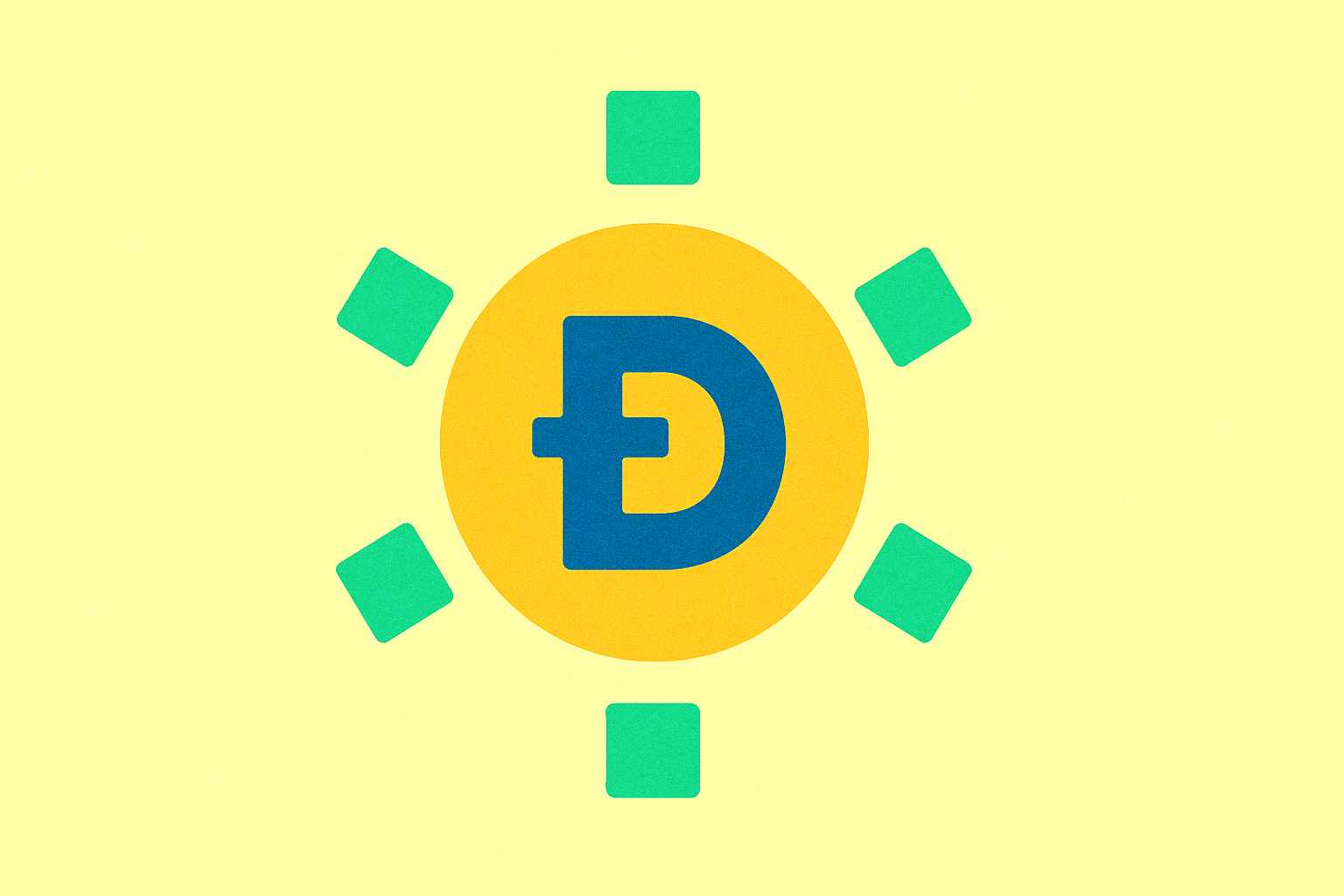2025’te PEPE Coin’i Tehdit Eden En Önemli Güvenlik Riskleri Nelerdir?


Akıllı sözleşme açıkları, PEPE'de 1 milyon doların üzerinde kayıp riskini ortaya koyuyor
Son gelişmeler, PEPE token'ın akıllı sözleşmelerinde ciddi güvenlik zafiyetlerini ortaya çıkardı ve büyük finansal kayıplara yol açtı. En dikkat çekici olayda, Uniswap'ın Permit2 özelliğinden yararlanan bir oltalama saldırısı sonucu, tek bir PEPE sahibinin tam 1,39 milyon dolar kaybetmesi söz konusu oldu. Bu olay, akıllı sözleşme tasarımında ve uygulamasında güçlü güvenlik önlemlerinin ne kadar kritik olduğunu gösteriyor. Ayrıca, Pepe meme yaratıcısı Matt Furie ile NFT stüdyosu ChainSaw'a ait projeler, sözleşme ele geçirme saldırıları nedeniyle yaklaşık 1 milyon dolar kayıp yaşadı. Bu olaylar, dijital varlıkların güvenliğinde devam eden sorunları ve kriptopara alanında daha yüksek dikkat gerekliliğini gözler önüne seriyor. Aşağıdaki tablo, başlıca kayıpları özetlemektedir:
| Olay Türü | Kaybedilen Tutar | Etkilenen Taraf |
|---|---|---|
| Oltalama Dolandırıcılığı | 1,39 milyon $ | Tekil PEPE sahibi |
| Sözleşme Ele Geçirme | 1 milyon $ | Matt Furie & ChainSaw projeleri |
Bu güvenlik ihlalleri, yalnızca anlık finansal kayıplara yol açmakla kalmıyor, aynı zamanda PEPE ekosistemine duyulan güveni de zedeliyor. Kriptopara piyasası gelişimini sürdürürken, geliştiricilerin ve proje ekiplerinin güvenlik denetimlerine öncelik vermesi, güçlü güvenlik önlemleri uygulaması ve kullanıcıları potansiyel riskler konusunda bilinçlendirmesi, gelecek zafiyetleri azaltmak için kritik öneme sahip.
Borsaların PEPE arzının %50'sinden fazlasını elinde tutmasıyla merkeziyetçilik riski artıyor
PEPE token dağılımında yaşanan önemli değişim, merkeziyetçilik risklerine yönelik endişeleri artırdı. 2025 itibarıyla, borsalar toplam PEPE arzının %50'sinden fazlasını kontrol ediyor ve bu durum kriptoparanın merkeziyetsiz yapısını tehlikeye atıyor. Tokenlerin az sayıda kuruluşun elinde toplanması, ekosistem açısından çeşitli riskler barındırıyor.
| Tutan Türü | PEPE Arzının Yüzdesi |
|---|---|
| İlk 10 Cüzdan | %43 |
| İlk 100 Cüzdan | %72,2 |
| Borsalar | >%50 |
En büyük PEPE sahibi olan '0xd9' cüzdanı, tam 50 trilyon tokenı elinde bulunduruyor. Bu düzeyde yoğunlaşma, az sayıdaki oyuncuya piyasada önemli bir etki ve fiyat ile işlem hacmini etkileme gücü sağlıyor. Ayrıca, ilk 100 cüzdanın PEPE arzının %72'sinden fazlasını kontrol etmesi durumu daha da ağırlaştırıyor.
Bu merkeziyetçilik eğilimi, PEPE'nin değerinde yüksek oynaklığa neden oldu. Örneğin, Ekim 2025'te PEPE birkaç hafta içinde değerinin yaklaşık %25'ini kaybederek ciddi bir düşüş yaşadı. Bu fiyat hareketi, tokenin büyük işlemler veya ana sahiplerin kararlarına karşı ne kadar hassas olduğunu gösteriyor.
PEPE tokenlarının borsalarda yoğunlaşması, projenin uzun vadeli istikrarı ve merkeziyetsizlik hedefleri konusunda da soru işaretlerine yol açıyor. Daha fazla tokenın merkezi kuruluşlarda toplanması, piyasa manipülasyonu ve olası düzenleyici inceleme riskini artırıyor ve PEPE'nin kriptopara ekosistemindeki geleceğini tehdit edebiliyor.
Artan oltalama saldırıları PEPE sahiplerini hedef alıyor; tek bir vakada 135.000 $ kayıp yaşandı
2025 yılında kriptopara dünyasında PEPE token sahiplerine yönelik oltalama saldırılarında artış gözlendi ve bir olayda tam 135.000 $ kayıp gerçekleşti. Bu tehlikeli trend, siber suçluların kripto ekosistemindeki açıkları istismar etmede giderek daha yetkin hale geldiğini gösteriyor. Söz konusu olayda, mağduru saldırganın cüzdanına aşırı izinler tanımlamaya yönlendiren kötü niyetli bir "increaseAllowance" işlemi kullanıldı.
Bu tür saldırıların artan sıklığı, oltalama kaynaklı veri ihlallerinin büyüyen maliyetleriyle de ortaya çıkıyor. Aşağıdaki tablo, tablonun ciddiyetini yansıtıyor:
| Yıl | Oltalama Kaynaklı Veri İhlali Başına Ortalama Maliyet |
|---|---|
| 2025 | 4,88 milyon $ |
Bu büyük finansal zarar, kriptopara topluluğunda güçlü güvenlik önlemleri ve kullanıcı eğitiminin ne kadar elzem olduğunu ortaya koyuyor. Sosyal medya kimlik sahtekarlığı, bu saldırıların yaygın bir yöntemi haline gelirken, dolandırıcılar gerçekçi sahte profiller ve Web3 projeleriyle yatırımcıları tuzağa düşürüyor.
PEPE token olayı, doğrulanmamış akıllı sözleşmelerle işlem yapmanın veya yeterli inceleme olmadan izin vermenin risklerini açıkça gösteriyor. Kripto piyasası ilerlerken, kullanıcıların dikkatli olması ve platformların sağlam güvenlik protokolleri uygulaması, oltalama saldırılarının artan tehdidine karşı kritik öneme sahip.
SSS
Pepe Coin 1 dolar seviyesine ulaşabilir mi?
Evet, Pepe Coin 2025 yılına kadar 1 dolara ulaşabilir. Piyasa eğilimleri ve artan benimsenme, meme coin'lerde ciddi fiyat artışını destekliyor.
Pepe Coin iyi bir yatırım mı?
Pepe Coin, yüksek risk-yüksek getiri potansiyeli taşır. Meme popülaritesi ve piyasa hareketleriyle değeri artabilir; ancak oynaklığı yüksektir. Yatırımlar dikkatle yapılmalıdır.
PEPE, 2025'te ne kadar olacak?
PEPE'nin Ekim 2025'te 0,00000528 $ ile 0,00000761 $ arasında olması, maksimumda ise 0,0000104 $'a ulaşması bekleniyor.
Pepe Coin'e 100 $ yatırırsam ne olur?
Bugün Pepe Coin'e 100 $ yatırırsanız, geçmiş performans ve güncel piyasa trendleri doğrultusunda gelecekte birkaç bin dolara ulaşabilir.

Warden Protokolü: 2025'te Web3 Güvenliği için Kapsamlı Bir Rehber

2025 Kripto Varlıklar Pazar Analizi: Web3 Gelişimi ve Blok Zinciri Trendleri

Web3 Alfa Kripto: 2025 için En İyi Yatırım Stratejileri

KAIKO: Kripto Pazarları için Öncü Merkeziyetsiz Veri Altyapısı

2025'te BDT'nin CAD'ye dönüşüm oranı ve Web3 ticaret seçenekleri

Web3'te pegleme nedir: 2025'in stablecoin mekanizmalarını anlama

Farcaster Protokolünü Keşfetmek: Kripto Ağlarında Yeni Bir Dönem

ETH Dağıtımlarına Güvenli Şekilde Katılmak: Temel İpuçları

Curve Protokolü Hakkında Bilgi: Merkeziyetsiz Platformlarda Stablecoin Ticaretinin İncelenmesi

Kripto Para White Paper'larını Anlamak: Yatırımcılar İçin Kapsamlı Bir Rehber

Merkeziyetsiz Kimlik Yönetimi: ENS Domains Devrimi





